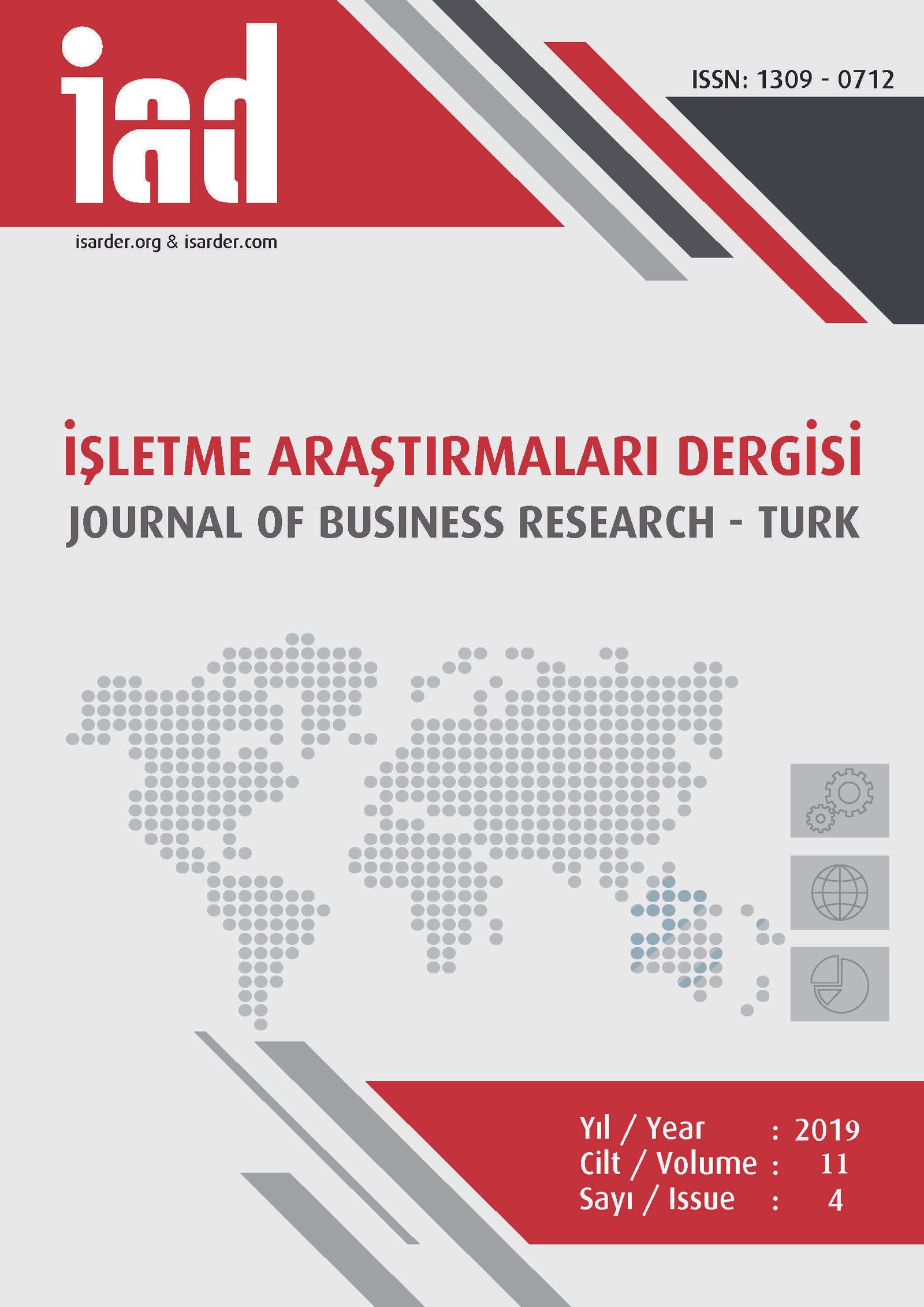(Earnings Management Practices in terms of Discretionary Accruals and Accrual Reversals: An Empirical Study on Banking Sector )
Keywords:
Earnings Management, Income Smoothing, Discretionary AccrualsAbstract
Purpose – The main purpose of this paper is to determine “income smoothing” behavior of banking sector as an earnings management technique. Design/methodology/approach – In this context, 10.793 cross-country bank-year data (28 countries within 2000-2013 time period) have been analyzed in terms of earnings before tax and provisions, discretionary accruals and accrual reversal to investigate earnings management in banking sector. Panel Regression Analysisi techniques are used for model testing. Findings – According to the results, banks use both loan loss allowances and loan los provisions to smooth income. Earnings management behavior of banks is supported both for balance sheet and income stataement perspectives. Discussion – Throughout the accounting literature, modelling issues are still controversial in frame of earnings management studies. Thus, this study focuses on accrual reversals, which is currently argued hot topic in empirical modelling, and determines the effect of accrual reversals on earnings management behavior. As a result, a new model which incorporating accrual reversals, come up with statistically more significant results.
Downloads
Published
How to Cite
Issue
Section
License

This work is licensed under a Creative Commons Attribution-NoDerivatives 4.0 International License.





